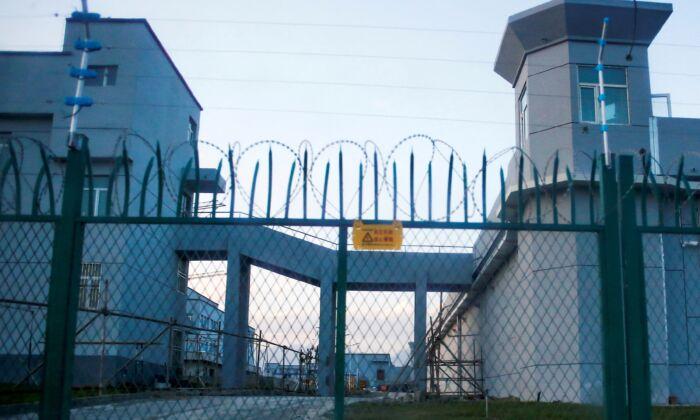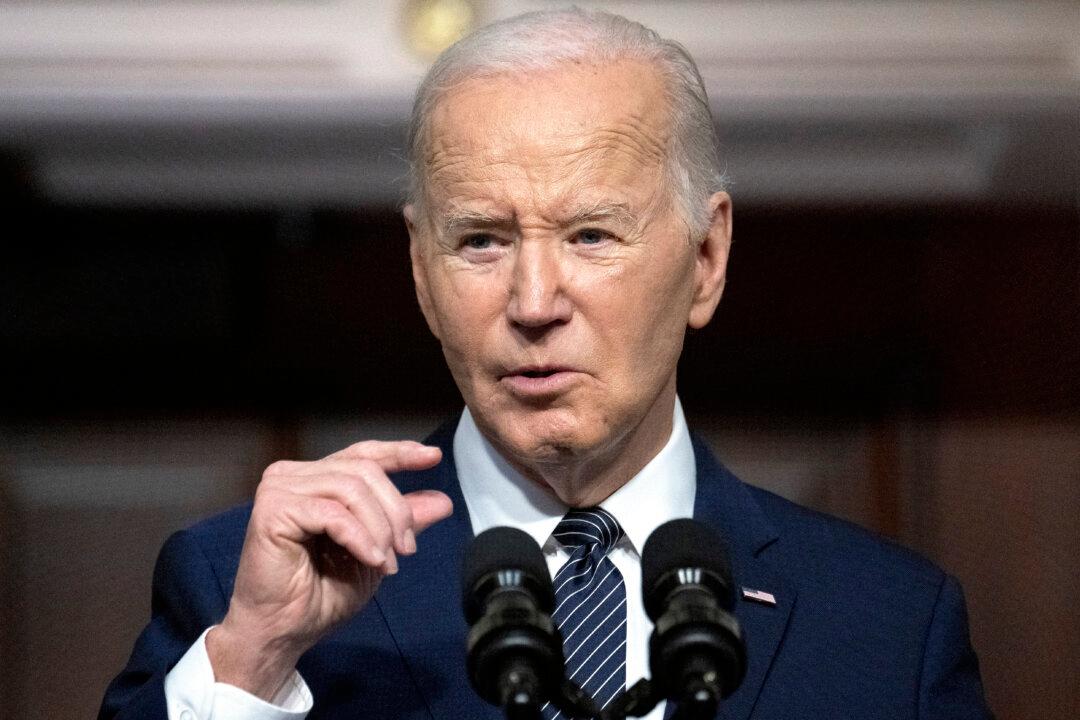The United States banned the import of goods from China’s Xinjiang region on June 21, with the enactment of the Uyghur Forced Labor Prevention Act signed into law by President Joe Biden last year.
U.S. Secretary of State Antony Blinken on June 21 reaffirmed Biden’s commitment to combating forced labor and strengthening international coordination against human rights violations in Xinjiang.
“We are rallying our allies and partners to make global supply chains free from the use of forced labor, to speak out against atrocities in Xinjiang, and to join us in calling on the government of the PRC [People’s Republic of China] to immediately end atrocities and human rights abuses, including forced labor.”
Human Rights Abuses
Biden signed into law the Uyghur Forced Labor Prevention Act in December last year to ban imports of goods that were made using forced labor, following China’s alleged human rights violations against the Uyghur ethnic minority in Xinjiang.It noted “a widespread and systematic” program involving the extensive use of forced labor of Uyghur and other Muslim minorities for agriculture and industrial activities throughout Xinjiang.
While employed outside of the region, “[Uyghur] workers lack freedom of movement, remaining confined to dormitories and are required to use supervised transport to and from the factory. They are subject to impossible production expectations and long working hours,” the report reads.
“Some 13 million members of the ethnic and religious minorities in Xinjiang are targeted on the basis of their ethnicity and religion with a goal of social control and assimilation of their culture and identity.”
Persecuted Uyghurs, rights groups, and lawmakers worldwide have accused Chinese authorities in Xinjiang of facilitating forced labor by arbitrarily detaining more than a million Uyghurs and other ethnic minorities in a network of camps in the northwestern region.
The Chinese Communist Party’s campaign against Uyghurs in Xinjiang has been labeled a “genocide” by nations and rights groups, including the previous and current U.S. administrations, the United Kingdom, Canada, Netherlands, Lithuania, Belgium, and the Czech Republic.
The United States, Britain, and other countries have called for the ILO to set up a mission to probe alleged labor abuses in Xinjiang and urged Beijing to allow unfettered access.






Friends Read Free